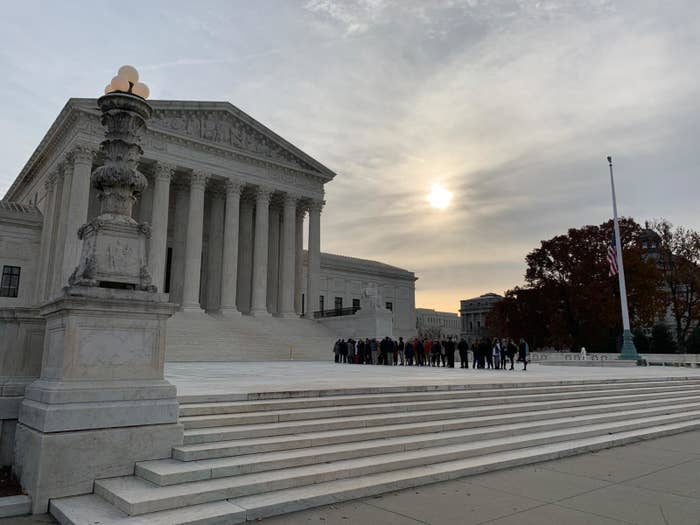
The Supreme Court on Friday announced it will hear arguments about if courts can address whether congressional maps can be drawn in such a partisan way that they’re unconstitutional and, if so, what standards courts should use to address such claims.
In doing so, the justices will reconsider the questions that it sidestepped in cases decided just last year.
Now, however, former justice Anthony Kennedy — who struggled throughout his time on the bench with how such cases should be handled — is gone from the court, replaced by Justice Brett Kavanaugh.
The court’s order states that the two cases — one out of Maryland and another out of North Carolina — will be heard in March. The appeals come from decisions by three-judge panels, under a provision that essentially requires Supreme Court review of decisions from such courts — as opposed to the discretionary review the court has in most cases.
In the Maryland case — a continuation of one of the cases the court heard in its last term — Maryland’s Democrat attorney general is challenging what the state’s lawyers called “unprecedented and unworkable theories of First Amendment retaliation in striking down Maryland’s 2011 congressional districting plan” from the lower court.
In the North Carolina case, Republican legislative leaders behind the redistricting decision are challenging a lower court’s decision that the state’s map violated “the Equal Protection Clause, the First Amendment, and (uniquely in the history of redistricting litigation) the Elections Clauses of Article I.”
A decision in the cases would be expected by late June.
